The Tory party is very good at pointing out — and profiting from — how the Labour party often values ideology over power, making the choice to eschew government for comfort zone politics. Liz Truss herself, who, bar some catastrophe, will be announced as the new Tory leader tomorrow, once made this point rather bluntly at a party conference fringe event. Back in 2018, Truss described then Labour leader Jeremy Corbyn, possibly the very definition of an ideological leftwinger, as a ‘nut job’ and ‘socialist crazed individual’. Her point was similar to that of Tony Blair, who identified the rogue pattern in his own party and challenged it: ‘Power without principle is barren, but principle without power is futile,’ he warned. Conservatives today would do well to pay attention to the first half of that quote.
It’s all very well laughing at how Corbyn’s ideological Labour party was smashed to pieces in 2019, granting an 80 seat majority’s worth of power to their opponents. But twelve years in and after three, soon to be four, consecutive Conservative prime ministers later, even MPs and party activists are struggling to find much to praise from their time in office.
Rocketing inflation will soon send living standards that have been flatlining for over a decade into reverse. Young families and would-be families are being failed with expensive and substandard housing, which they are forced into renting, rather than owning. Meanwhile, our national physical infrastructure is not fit for purpose, from energy — under wartime conditions that couldn’t have been foreseen — to water, where the case for investment in the face of a changing climate has been irrefutable for decades. Elsewhere, government services from the courts to the NHS are buckling under severe pressure.
Against this Conservatives have, well, what exactly? The Cameron-era education reforms? Brexit — for which the benefits unrelated to sovereignty for its own sake are yet to appear? Because what is the point of holding power if there’s no record to defend? This is power without purpose, a mere indulgence.
Conservatives like Liz Truss liberally pepper their speeches with praise for Mrs Thatcher and her crusade for free markets and homeownership. Yet they use the power of the state to control and restrict planning permission, forcing house prices into the stratosphere and homeownership among the young into the ground.
Conservatives decry how Labour is in hock to its union paymasters and state-reliant client voters, while they court their very own client voters — pensioners — with triple lock pensions and welfare cuts that fall on working age Britons. All the while, they increase health and social care spending to the benefit of the elderly, funded by a National Insurance raise paid only by people below pensionable age. If this were implemented by the Labour party, they would rally against such income redistribution.
Conservatives ridicule price controls as the desperate attempt of flailing and failing command economy states to control living standards, while launching consultations on implementing rent controls on social housing, which we already know do not work.
Conservatives praise businesses for investing in our country and in projects that they expect to generate a return on investment, while pretending that government infrastructure cannot achieve the same. The infrastructure projects that do get through see the ‘party of less government’ using the levers of the big state to then stymie them through endless and expensive judicial reviews and repeated impact assessments and audits, raising the scope and cost of government.
Conservatives once preached the policy of austerity. Justified at the time on practical grounds — you cannot spend what you don’t have, and moral grounds — you can’t expect future generations to pay your bill — that policy was jettisoned as soon as it became a danger to power.
Now, it will fall to Liz Truss to work out what power is for and turn things around – sharpish. If she fails in that task, we’re faced with the grim prospect of multiple generations locked out from the benefits that capitalism, free markets and conservative principles can provide. These people will not become Conservatives . After all, why should they? And the Tory party will die: why shouldn’t it?
Our myriad problems existed long before we could see the white in the eyes of the energy price and cost of living crisis. That the Tory party will have this sitting on the top of its in tray, bearing down on the pre-existing slow motion pile-ups, so late into its time in office, should utterly terrify it.
Big crises give legitimacy to arguments for fundamental change — a questioning of the foundations of existing contracts. The furlough scheme, for example, would not have happened without the looming threat of a tsunami of excess deaths.
The cost of living crisis will give new legitimacy for arguments for fundamental, ideological and structural changes to our economy and governance. Would you bet on any new settlement aligning with Conservative values after a decade and a half of failure and yawning wealth inequality?
Edmund Burke taught us that ideology can be dangerous. It can push good people into making bad decisions for the sake of a just cause. At its best, it identifies a valuable approach to statecraft and economic management that delivers better living standards, stability and security for the betterment of the individual and the nation.
Today, the party praises its supposed ideology while not putting it into practice: this is the worst of both worlds. Politics is not a joke, or a game. It’s real people’s lives. It’s time the Tories stopped playing dress-up in old Thatcher blouses, and actually start taking the business of government seriously. The country won’t forgive them if they don’t. Is Liz Truss up to the task? The future of her party depends on it.
Got something to add? Join the discussion and comment below.
Get 10 issues for just $10
Subscribe to The Spectator Australia today for the next 10 magazine issues, plus full online access, for just $10.

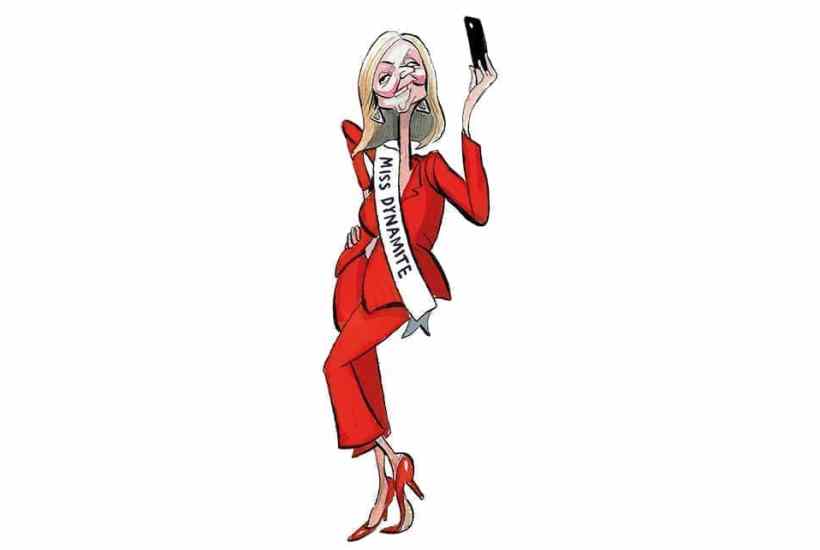
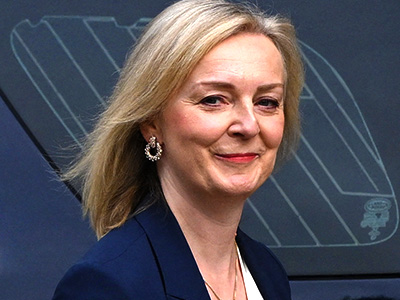

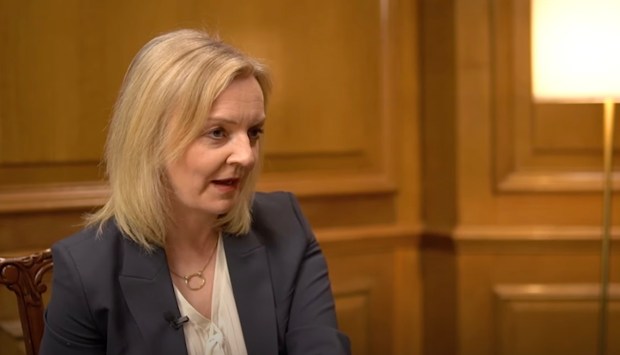
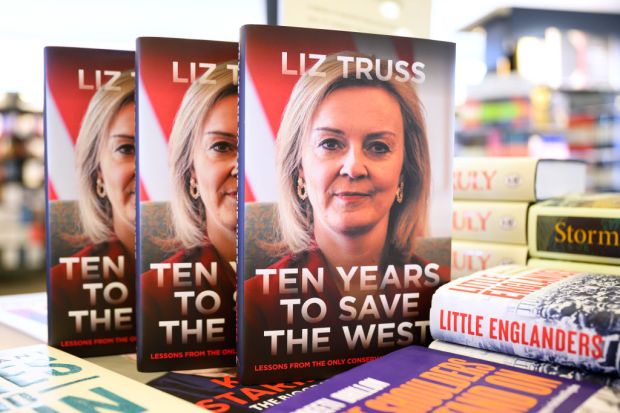
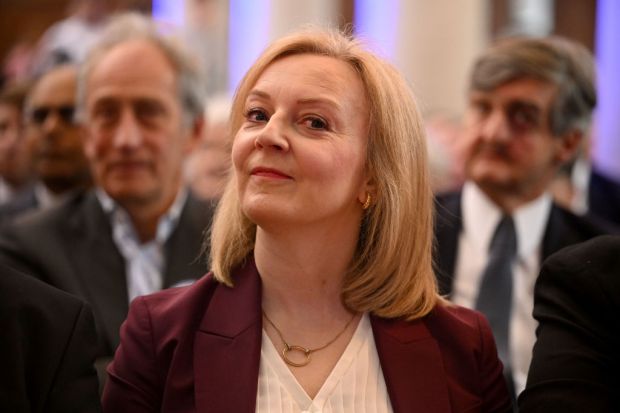
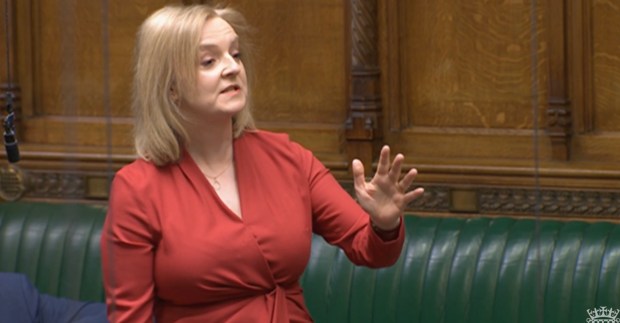












Comments
Don't miss out
Join the conversation with other Spectator Australia readers. Subscribe to leave a comment.
SUBSCRIBEAlready a subscriber? Log in